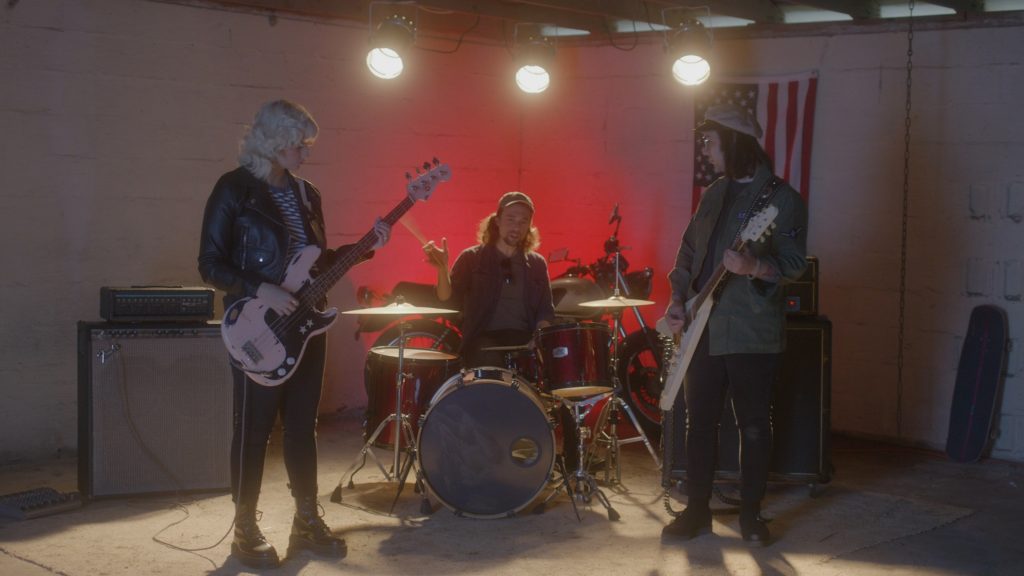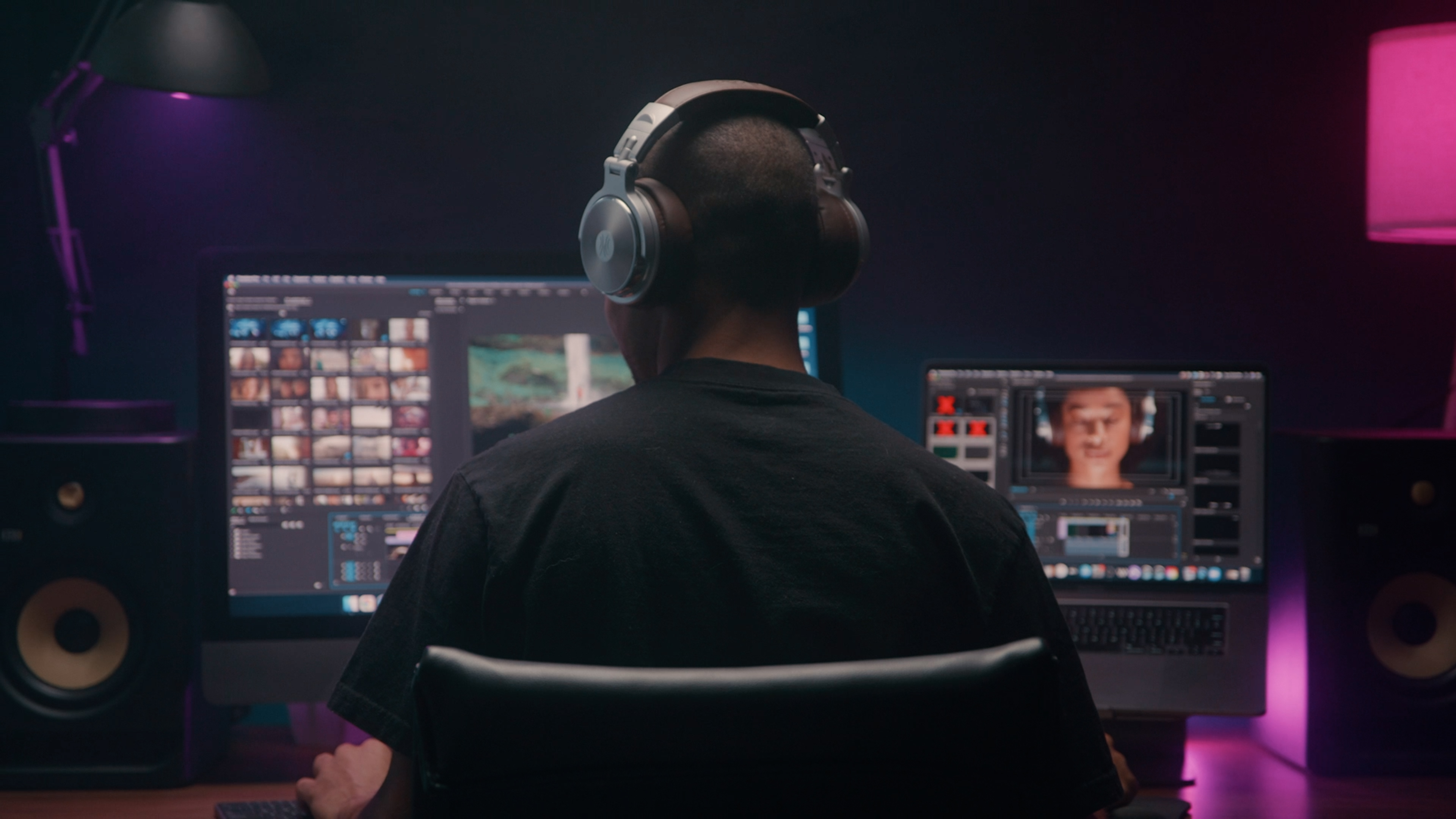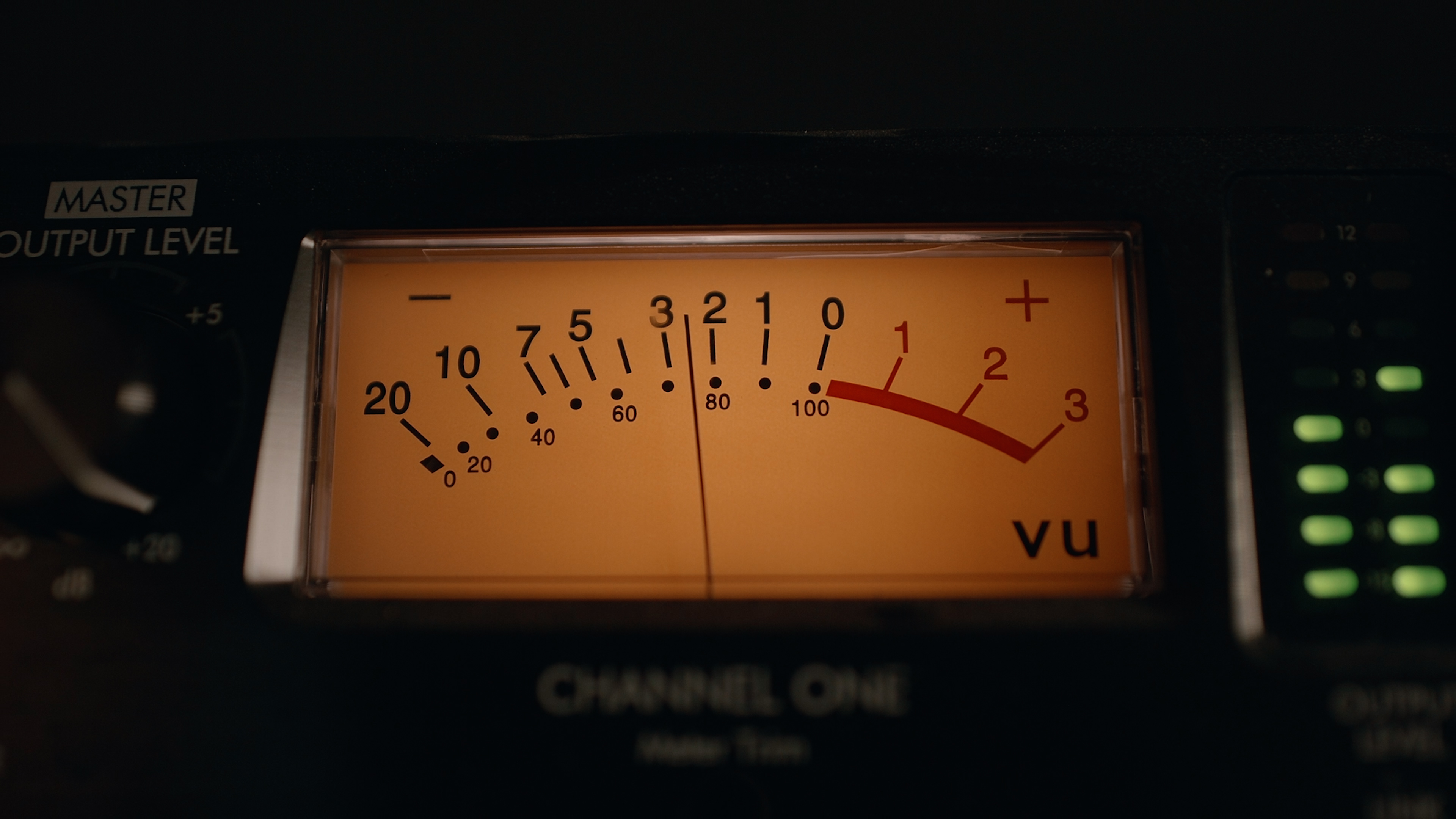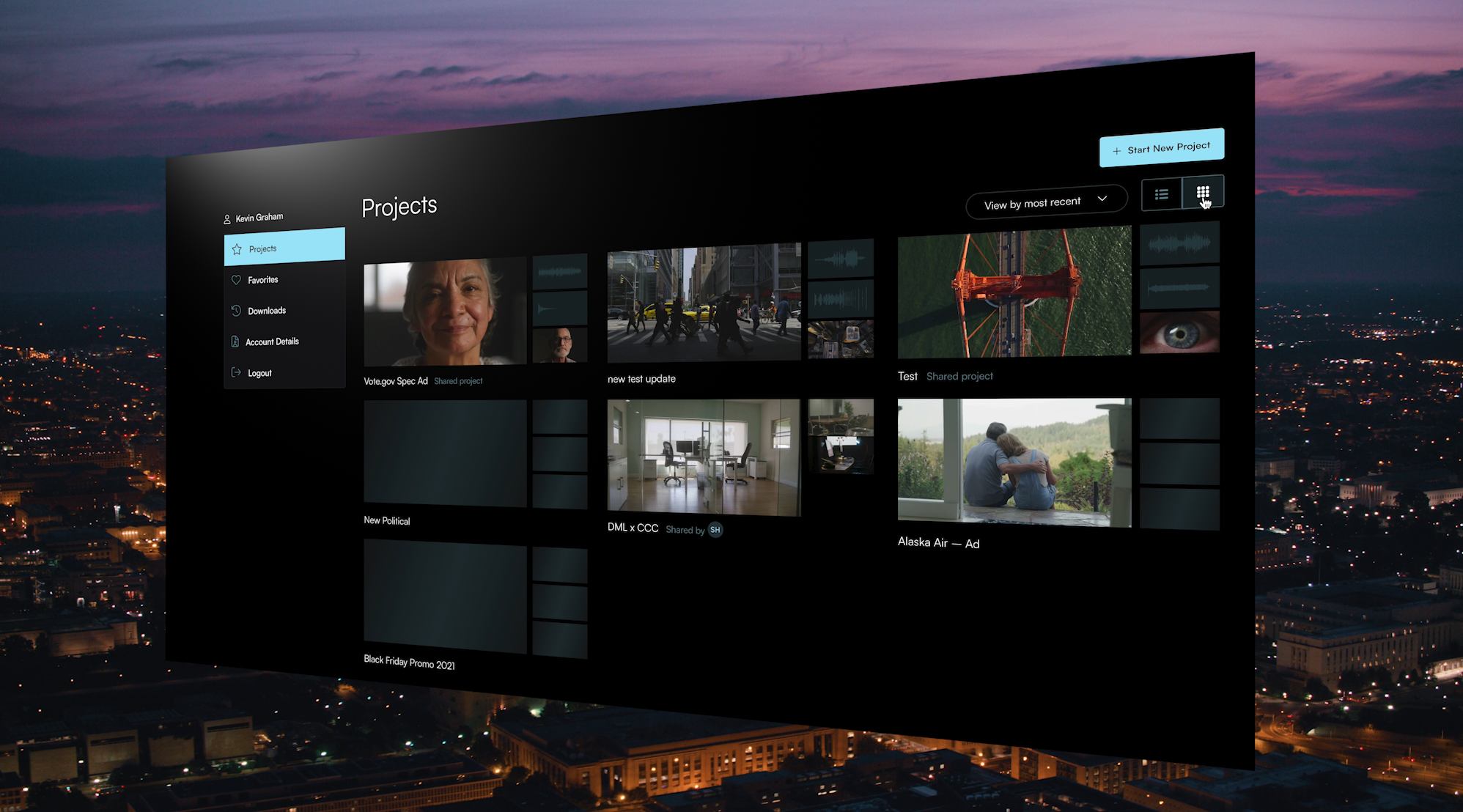
4 Things To Know When Hiring A Composer
I’ve had the unique dual experience of being both a filmmaker and composer. And I’ve used this knowledge to develop these tips.
Continue ReadingBy Kevin Graham
If you’re a filmmaker, you’ve probably seen musical terms such as PROs, cue sheets, and royalties. But what do these things actually mean?
In this video, we’ll break down each term and shed some light on how they affect you as a content creator.
Short for “Performance Rights Organization”, a PRO is an entity that collects music usage fees (otherwise known as royalties) from broadcasters, streaming services, and venues, and distributes those fees to copyright holders such as musical artists, composers, and publishers.
When an artist registers their music with a PRO (there are dozens of them, the most popular being ASCAP and BMI in the US), they give that PRO the exclusive right to collect royalty fees on their behalf.
It is important to realize that you, the content creator, will never have to pay these types of fees yourself.
Let’s say, for example, that you create a commercial using legally-licensed, “royalty-free” music. You never have to pay for that usage again, but the broadcasting station that will air the commercial will generally have to pay a PRO for each instance that commercial airs on their station, if the music used was registered with a PRO. The PRO would then take a small cut of each fee and pass the rest along to the artist, usually as part of a quarterly payment schedule.
Broadcasters, streaming services, and venues typically have annual financial agreements (known as blanket licenses) with all of the PROs, so don’t worry, they’re used to paying these fees.
But, how do PROs know when, where, and how often their registered content is used?
In order to track the usage of their registered songs, PROs rely on the usage of documents known as cue sheets.
A cue sheet is typically filled out by you, the content creator, if you’re using any PRO-registered music in a way that would result in PRO fees to the distributor (television, radio, public broadcast, streaming, live performance, etc.).
This document will have details such as the network, episode or advertisement name, and song title.
Details such as the song’s copyright owner, PRO affiliation, and IPI# should have been provided to you by the platform from which you licensed the music.
At Filmpac, we provide this info with every single track you license.
You can find a free cue sheet template here.
After filling out your cue sheet, you will then need to email it to the relevant PRO. You can easily find contact info for most PROs online.
After that, your job is done!
Royalties are the funds that PROs collect and then distribute to their members.
The most important thing to know here is that usually, the music licensing term “royalty-free” does NOT necessarily mean that the music cannot generate PRO royalties for its artist.
“Royalty-free” simply means that you, the content creator, will not owe any additional payment to the licensing platform after you purchase the track.
But that music may still generate performance royalties paid by the distributor to the PRO, depending on the track’s ultimate usage.

PROs, Cue Sheets, and Royalties.
Three terms that can seem confusing, but really make sense once you understand how they all work together.
Kevin is the Music Director and Lead Composer at Filmpac

I’ve had the unique dual experience of being both a filmmaker and composer. And I’ve used this knowledge to develop these tips.
Continue Reading
There are basically two ways to get that music: either hiring a composer, or licensing pre-existing music from a stock website.
Continue Reading
An audio limiter is a great tool to help you control your video’s loudness. We explain when and how to use one here.
Continue Reading
One of the most useful audio effects in video post production is compression. This article explains what it is and when to use it.
Continue Reading
Filmpac’s newly-designed Project Feature is a powerful tool for collaborative video editing. Here’s a quick rundown of how it works.
Continue Reading

One of the most difficult parts of being a professional filmmaker is effectively managing and budgeting your time.
Continue Reading
Want to make money selling footage through a major stock footage platform like Filmpac? This page will walk you through the processs.
Continue Reading